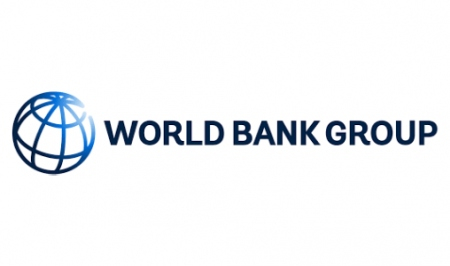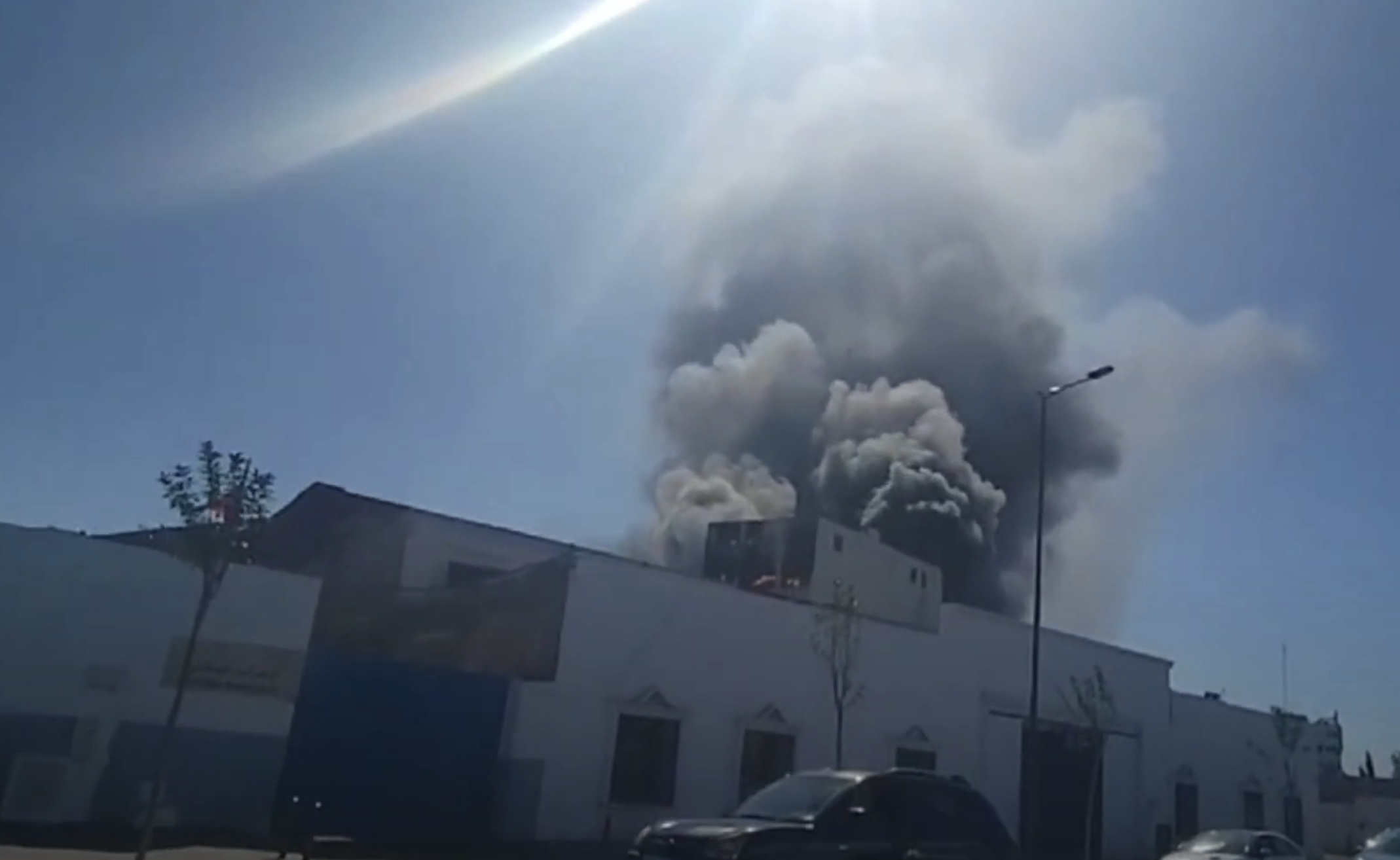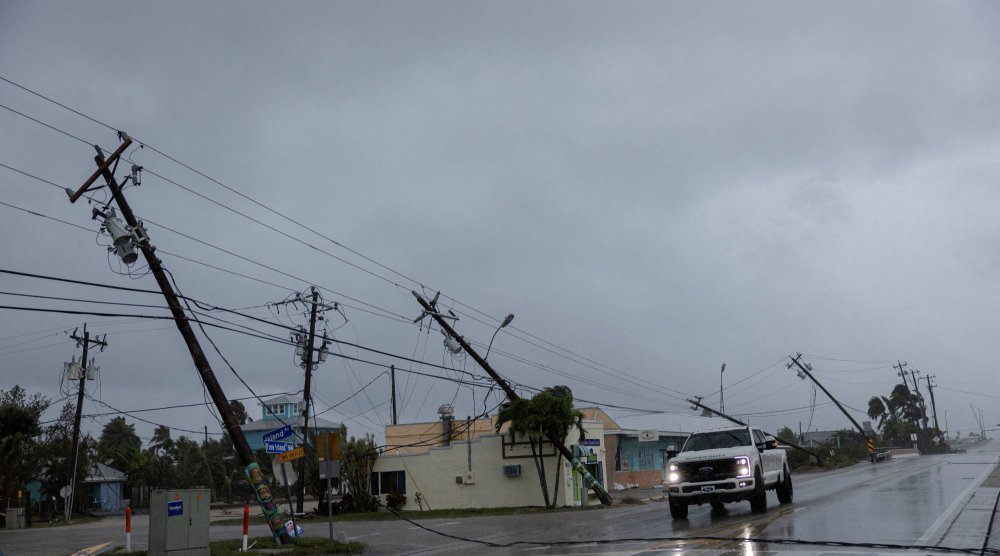This decision comes as traditional funding mechanisms are proving inadequate to meet the challenges posed by the global road safety crisis, according to a WB communique issued for the 4th Global Ministerial Conference on Road Safety in Marrakech.
Strengthening road safety requires a shared commitment, according to the World Bank, with national governments playing a central role in prioritizing investments within their transport, law enforcement, and health sectors.
Road safety financing faces a critical shortfall, hindering progress toward halving global road traffic fatalities and injuries by 2030, the source adds.
Low- and middle-income countries (LMICs) bear a disproportionate burden, accounting for 92% of global fatalities despite having nearly 60% of the world’s vehicles and just 10% of the world’s paved interurban roads.
The alarming gap underscores the urgent need for action to address this global public health and economic crisis.
This issue was the focus of a meeting on Wednesday of the MDB Road Safety Working Group in Marrakech. Discussions highlighted the urgent need for large-scale road safety investments to achieve transformative, long-term impacts, particularly in LMICs.
MDBs called for stronger collaboration among national governments, private partners, and the international donor community to bridge the funding gap and advance road safety initiatives worldwide.











Comments
0